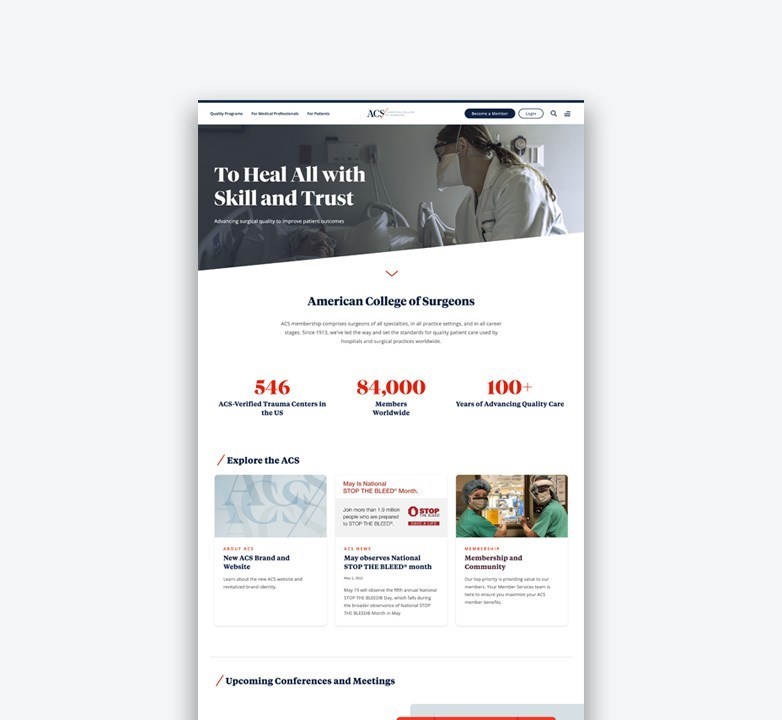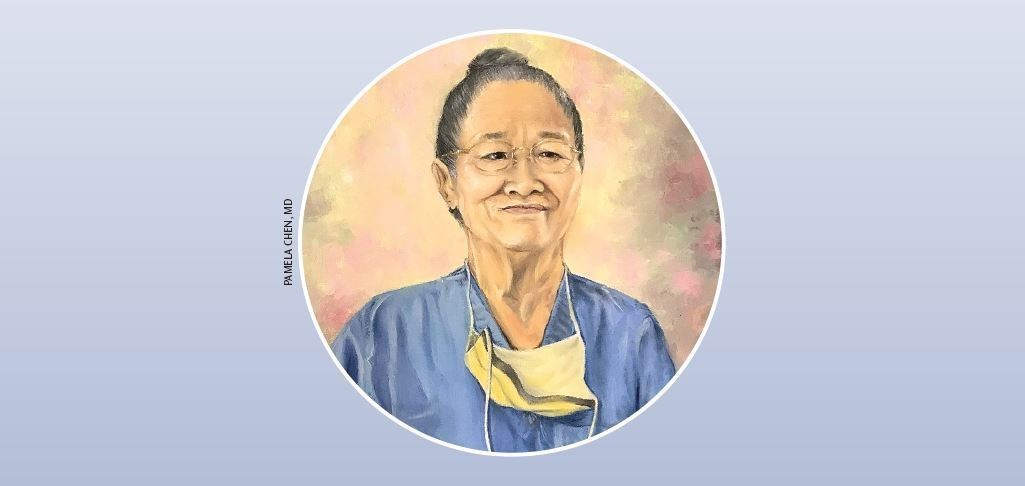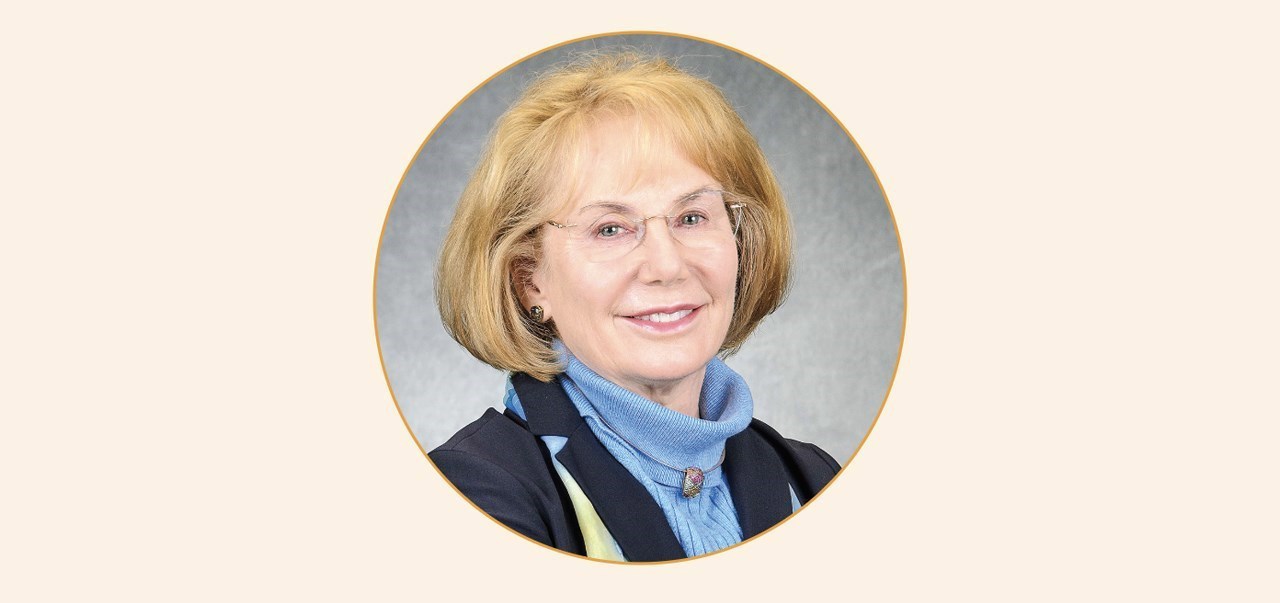I would like to thank Dr. Phang and colleagues for allowing me the privilege to comment on their article, “Improving Care for Rectal Cancer Patients in Rural Canada.”
Efforts to improve surgical quality and outcomes are never-ending. As the American College of Surgeons (ACS) celebrates 100 years of several quality programs, it is worth noting that the College in recent years has developed the National Accreditation Program for Rectal Cancer (NAPRC). NAPRC accreditation of centers and institutions has rather quickly spread to more than 100 sites and is changing the landscape of rectal cancer care.
Dr. Phang and colleagues championed change for rectal cancer patients in British Columbia and Alberta—a long and dedicated journey that instituted standards of care, which ultimately led to improved outcomes for rectal cancer patients. Change is never easy and typically involves behind-the-scenes conflict and differences of opinion. However, healthcare professionals who have the vision and can see the big picture of improved outcomes and quality of life are never easily deterred or derailed. Congratulations to all of the physicians and hospital staff involved in these efforts.
Despite all of the numerous quality programs and financial resources available, some patients continue to slip through the net. Can we agree that the holes in this net need to be fixed?
It may be impracticable for a patient to drive hundreds of miles for ongoing cancer treatment. Add winter conditions typical of eastern Montana, and the 270-mile drive from Sidney to Billings may become impossible, with roads that are impassable and downright dangerous.
Perhaps the solution to managing the rural cancer patient may be taken from the rural trauma systems playbook. Extensive trauma care networks exist throughout the rural west, many at critical access hospitals. Chart review and trauma care have been shared and evaluated at the state level for years. General surgeons are the backbone of these rural trauma programs and are leaders at their hospitals and institutions.
Multidisciplinary tumor boards in rural settings face many of the same challenges of covering expanses of land mass to provide standardized care for rectal cancer patients. The use of the Fundamentals of Rectal Cancer Surgery education module developed by the American Society of Colon and Rectal Surgeons can be a vehicle to unite the cancer care team around common goals and practices, no matter how small or rural the medical center. The virtual tumor board has become a key and indispensable feature of these efforts.
We have seen changes to rural surgery over the past few years, including surgical specialists leaving academia and the big city to practice in smaller cities like Sidney, MT. For example, colorectal surgeon Peter G. Deveaux, MD, FACS, FASCRS, has teamed up with medical and radiation oncologists in Sidney to bring his expertise to rural eastern Montana and western North Dakota. I look forward to hearing how Dr. Deveaux is developing this quality program during his presentation at the ACS Montana Chapter meeting in January 2023 in Big Sky, MT.
The quest for quality keeps rolling on. It is quite an exciting time for rural surgeons, with changes coming to help us improve the lives of our patients.







